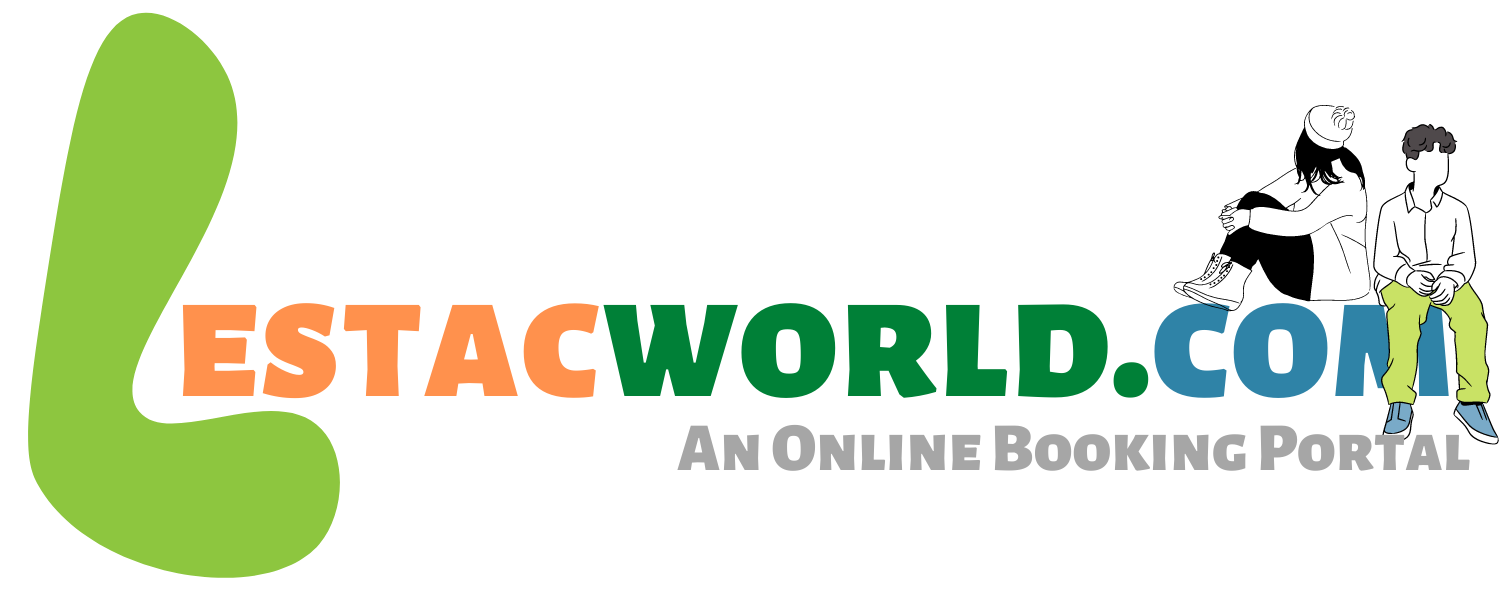F&Q
Some popular cities to visit in Morocco are Marrakech, Fes, Casablanca, Chefchaouen, Rabat, Meknes, and Tangier.
Must-visit destinations in Morocco include the Atlas Mountains, Sahara Desert, Medina (old town), Volubilis (ancient Roman ruins), Todra Gorge, Kasbahs (fortresses), and the beautiful beaches along the Atlantic Coast.
The best time to visit Morocco is during the spring (March to May) and autumn (September to November) seasons when the weather is pleasant and suitable for exploring the country.
In Morocco, you can enjoy activities such as camel trekking in the desert, exploring ancient medinas, visiting historic sites and monuments, trying local cuisine, shopping in bustling souks (markets), and experiencing traditional Moroccan hospitality.
Morocco is generally considered a safe country to travel to. However, it is always advisable to take necessary precautions and follow local guidelines for a safe and enjoyable trip.
The predominant religion in Morocco is Islam. Islam is the state religion of Morocco, and the majority of the population identifies as Muslims. The country has a rich Islamic heritage, and Islamic customs and traditions are deeply embedded in Moroccan society. Mosques can be found throughout the country, and Islamic practices and rituals are observed by many Moroccans. However, Morocco is also known for its religious diversity, and there are small communities of Christians, Jews, and followers of other religions living in the country. The Moroccan constitution guarantees freedom of religion, and individuals are generally free to practice their faith as long as it does not contradict public order.
The currency of Morocco is the Moroccan dirham (MAD). The dirham is the official currency and is widely accepted throughout the country. It is subdivided into 100 centimes. Banknotes are available in denominations of 20, 50, 100, and 200 dirhams, while coins are available in denominations of 1, 2, 5, and 10 dirhams, as well as 10, 20, and 50 centimes. It is recommended to have some local currency with you when traveling in Morocco, as it may be more convenient for small purchases, local markets, and tipping. Currency exchange services are available at airports, banks, exchange offices, and some hotels in major cities. It's advisable to exchange money at official exchange points to ensure you receive a fair rate. Credit cards are widely accepted in hotels, restaurants, and larger establishments, but it's always a good idea to carry some cash for smaller establishments or when traveling to more remote areas.
Morocco is known for its rich and flavorful cuisine, offering a wide range of dishes that are worth trying. Here are some of the best foods to try in Morocco:Tagine: A traditional Moroccan dish cooked in a clay pot, consisting of slow-cooked meat or vegetables with aromatic spices.Couscous: A staple dish made from steamed semolina grains, typically served with vegetables, meat, and a flavorful sauce.Moroccan Mint Tea: A refreshing and aromatic tea made with green tea leaves, fresh mint, and sugar, often served with a sweet pastry.Pastilla: A savory pie made with layers of thin pastry filled with a mixture of meat (usually chicken or pigeon), almonds, and spices, topped with powdered sugar and cinnamon.Harira: A hearty and flavorful soup made with lentils, chickpeas, tomatoes, and various spices, often served during Ramadan.Moroccan Spiced Lamb: Tender and succulent lamb cooked with a blend of Moroccan spices, such as cumin, coriander, cinnamon, and ginger.Moroccan Salads: A variety of flavorful salads made with ingredients like tomatoes, cucumbers, peppers, and herbs, often seasoned with olive oil and lemon juice.Moroccan Street Food: Try street food delicacies like grilled kebabs, savory stuffed bread (msemen), and fried doughnuts (sfenj) from local food stalls.Moroccan Sweets: Indulge in an array of sweet treats, such as baklava, chebakia (honey-dipped sesame cookies), and almond-filled pastries.
